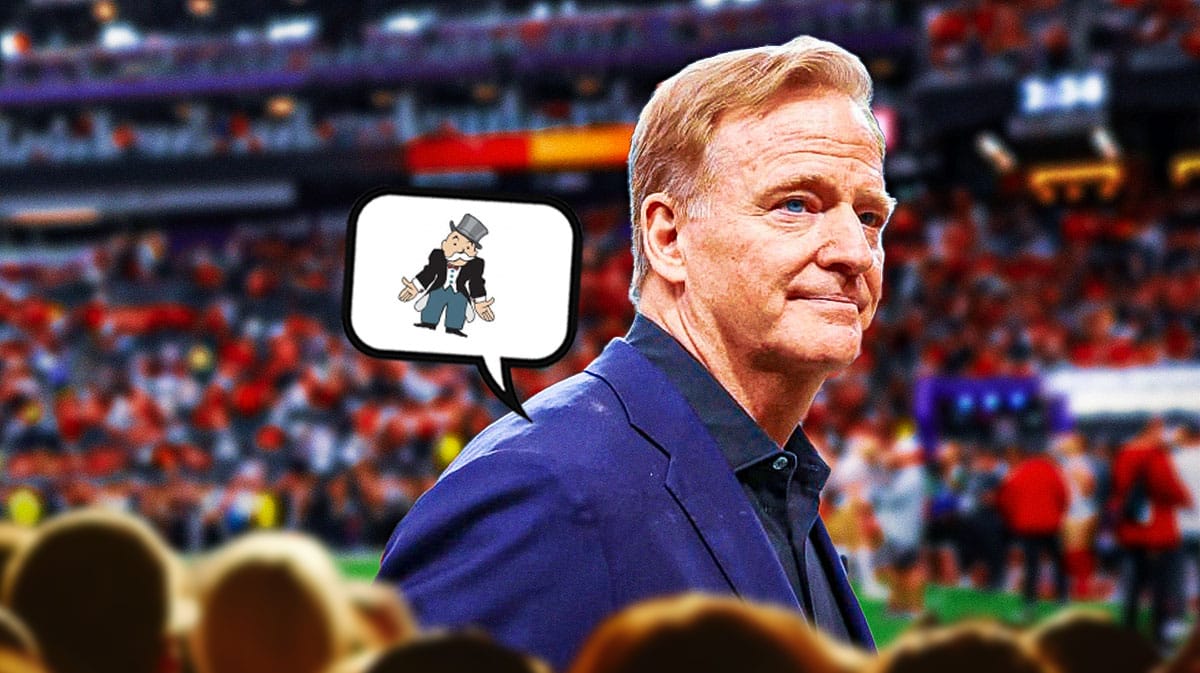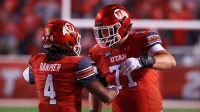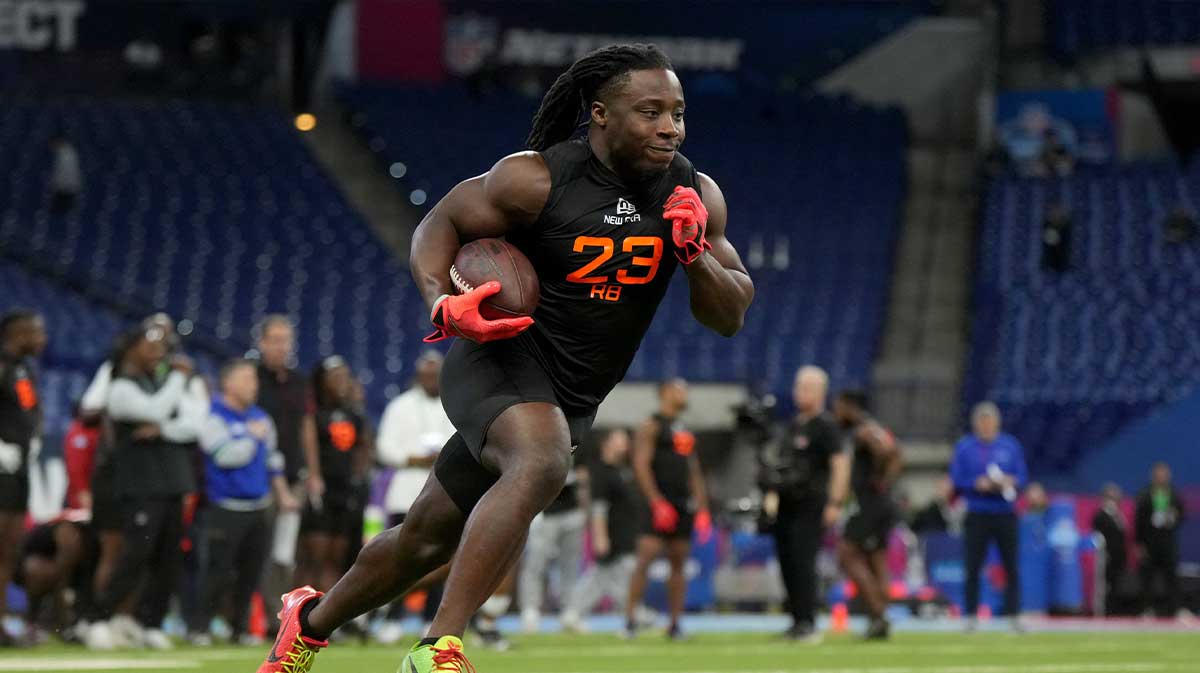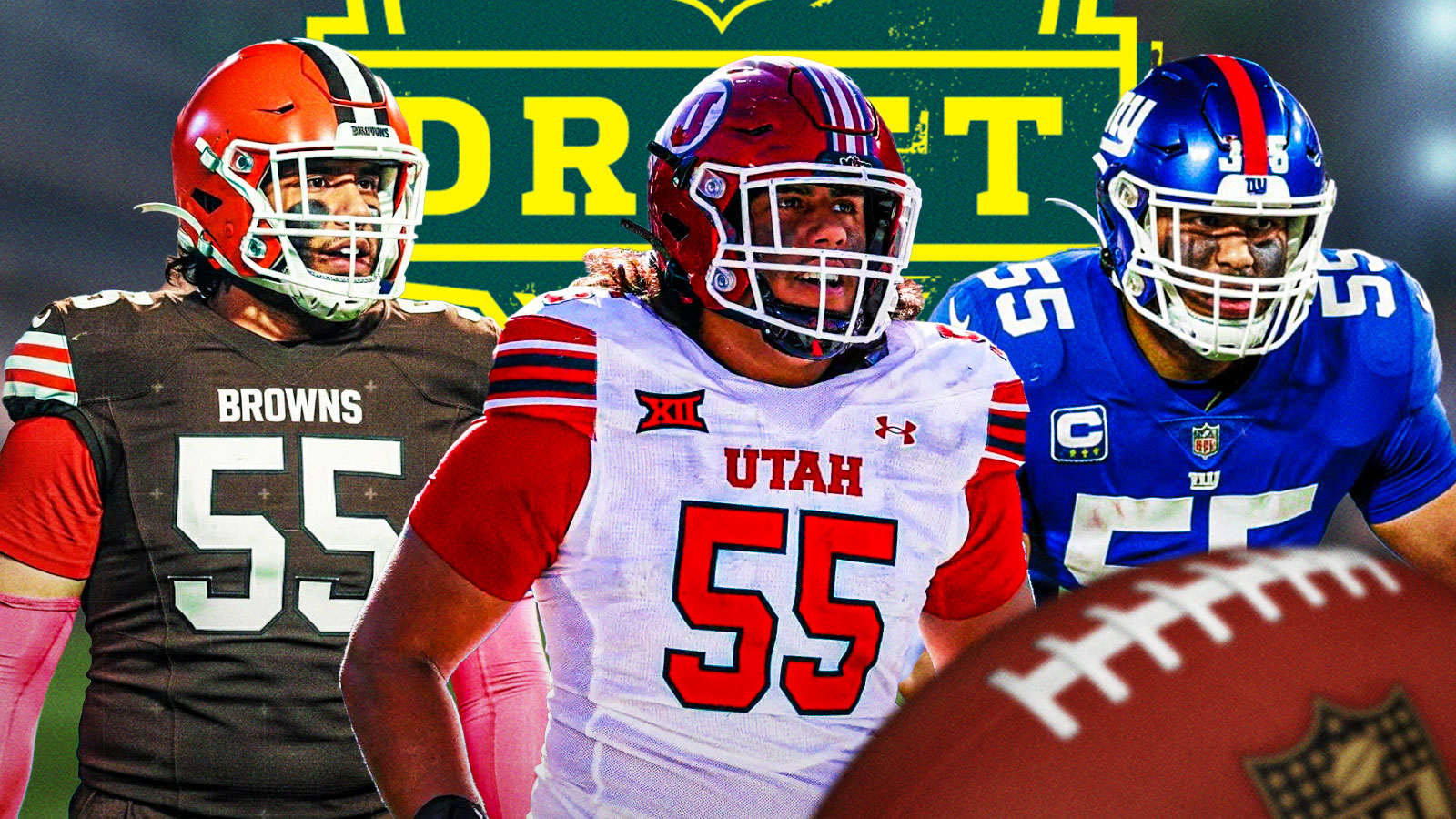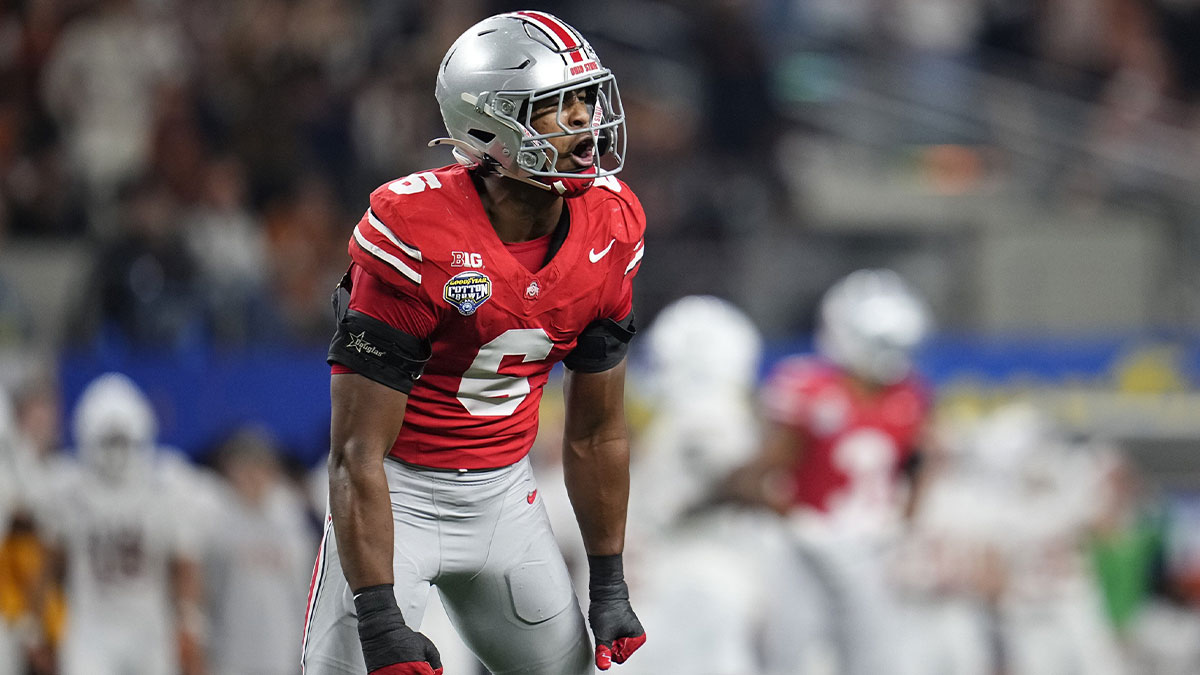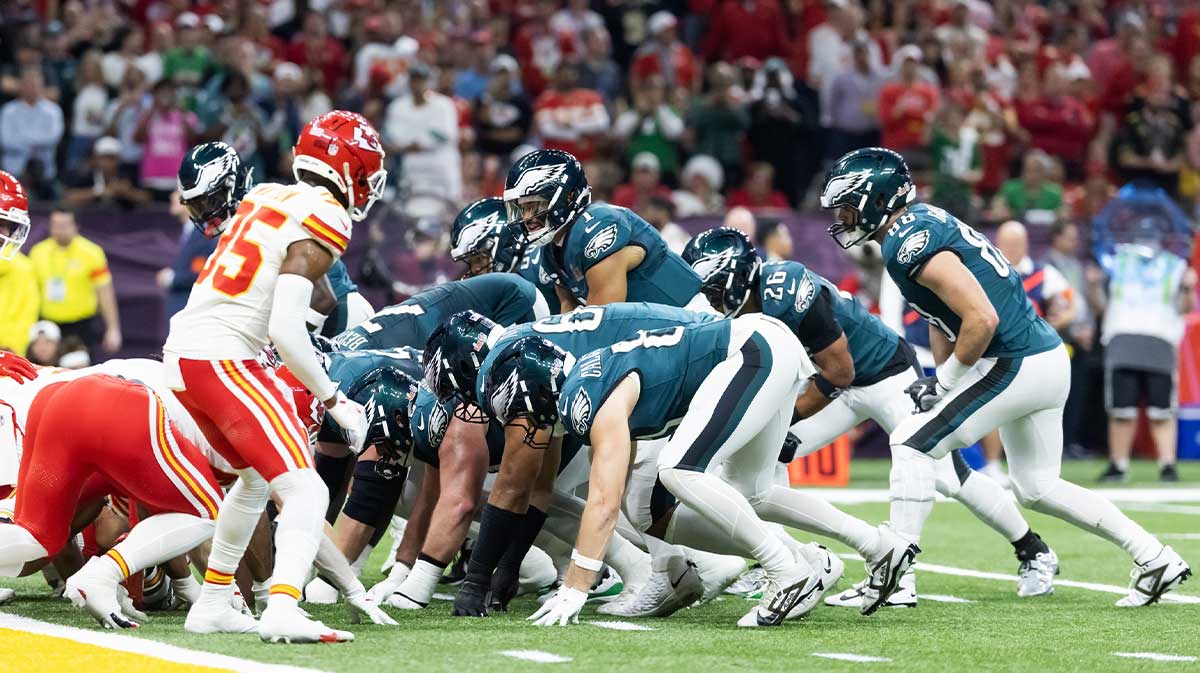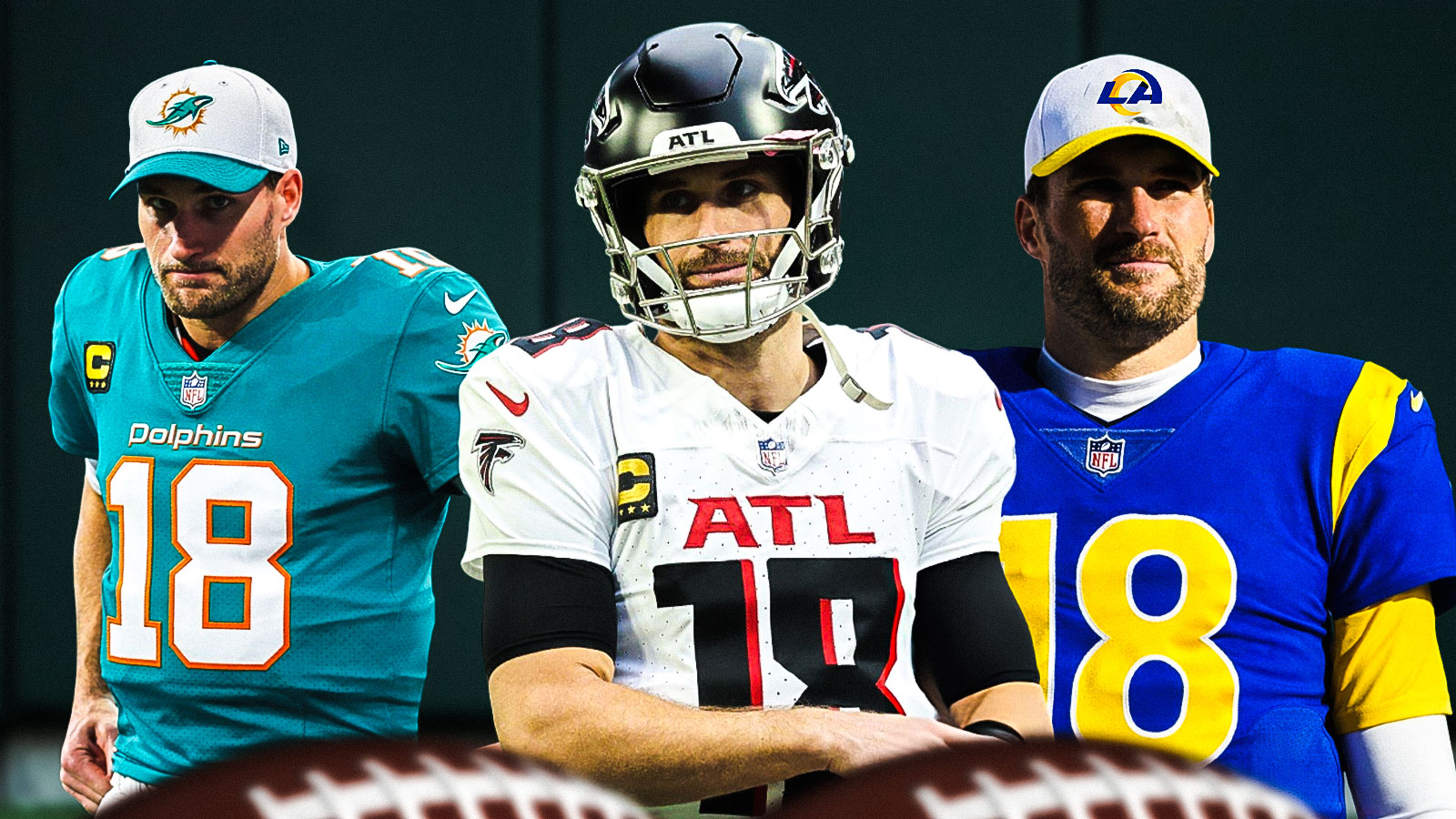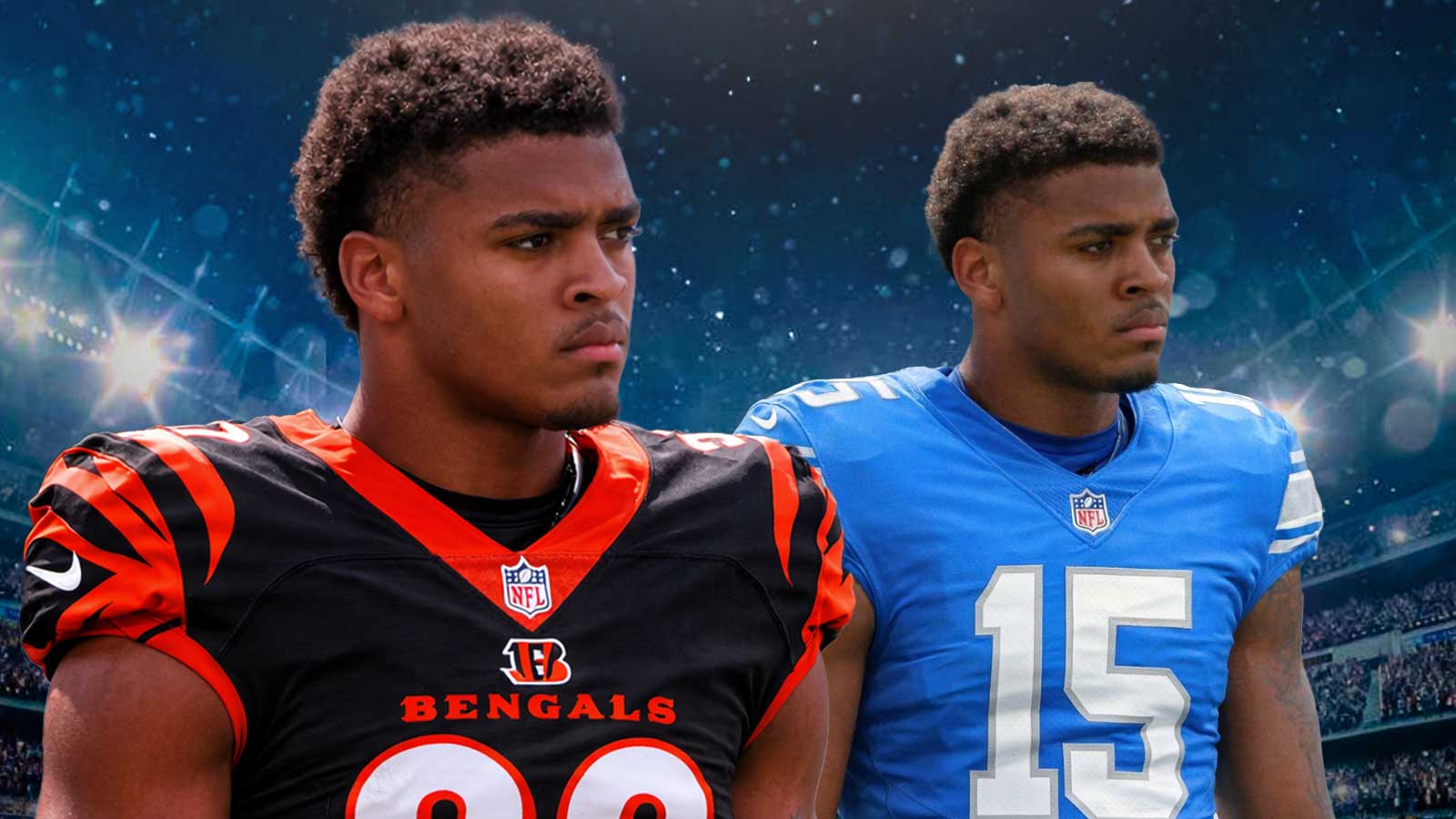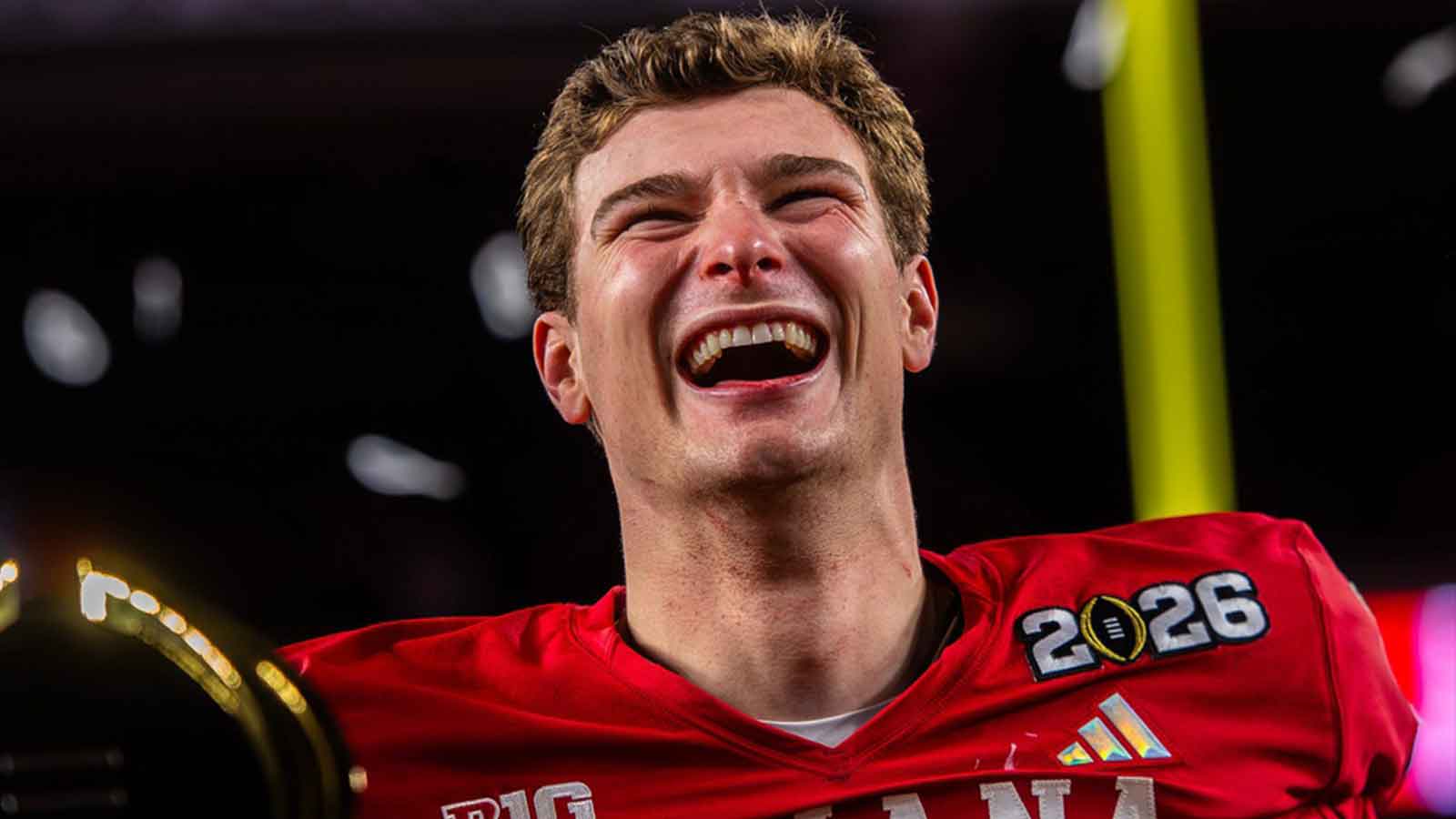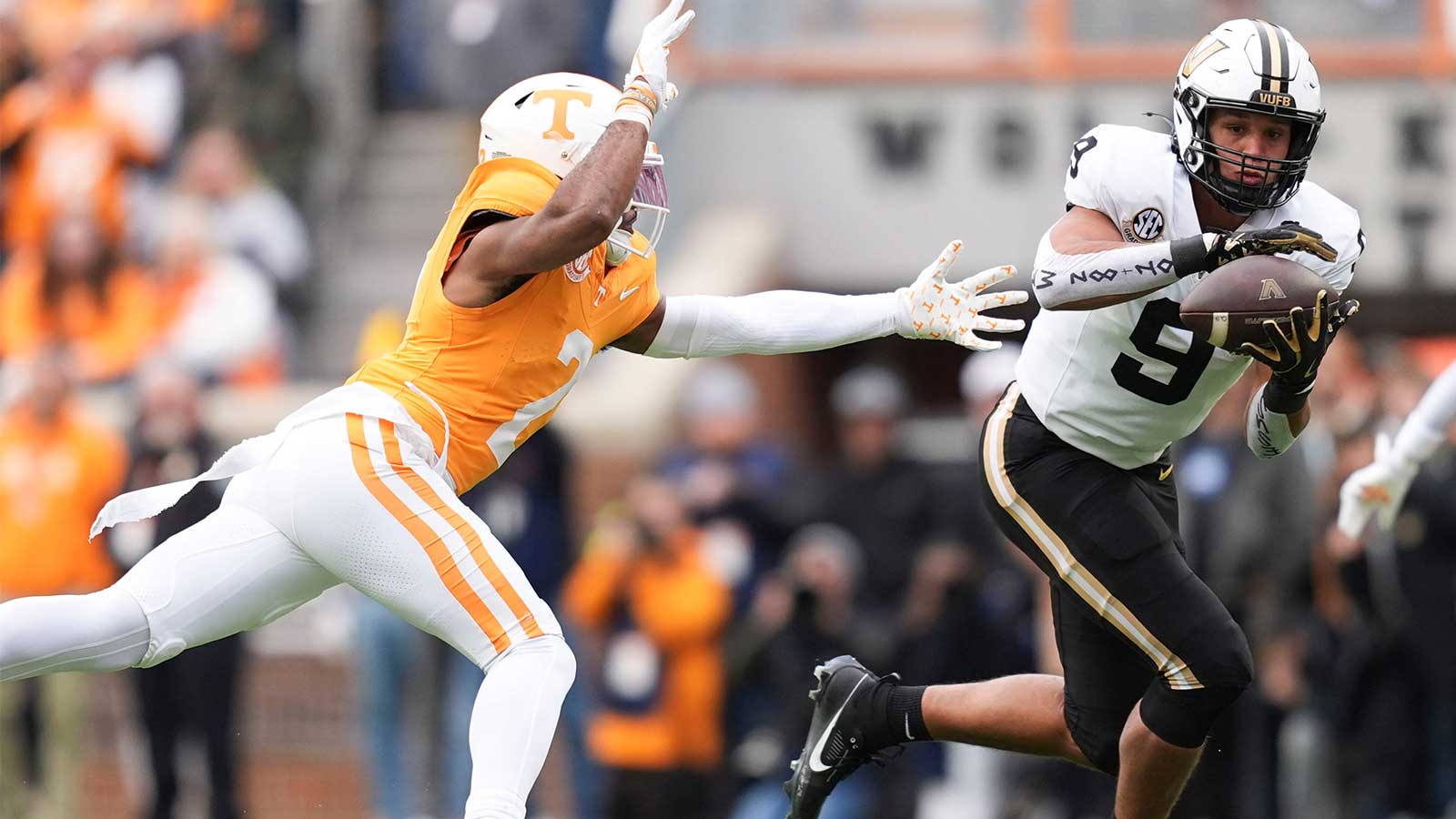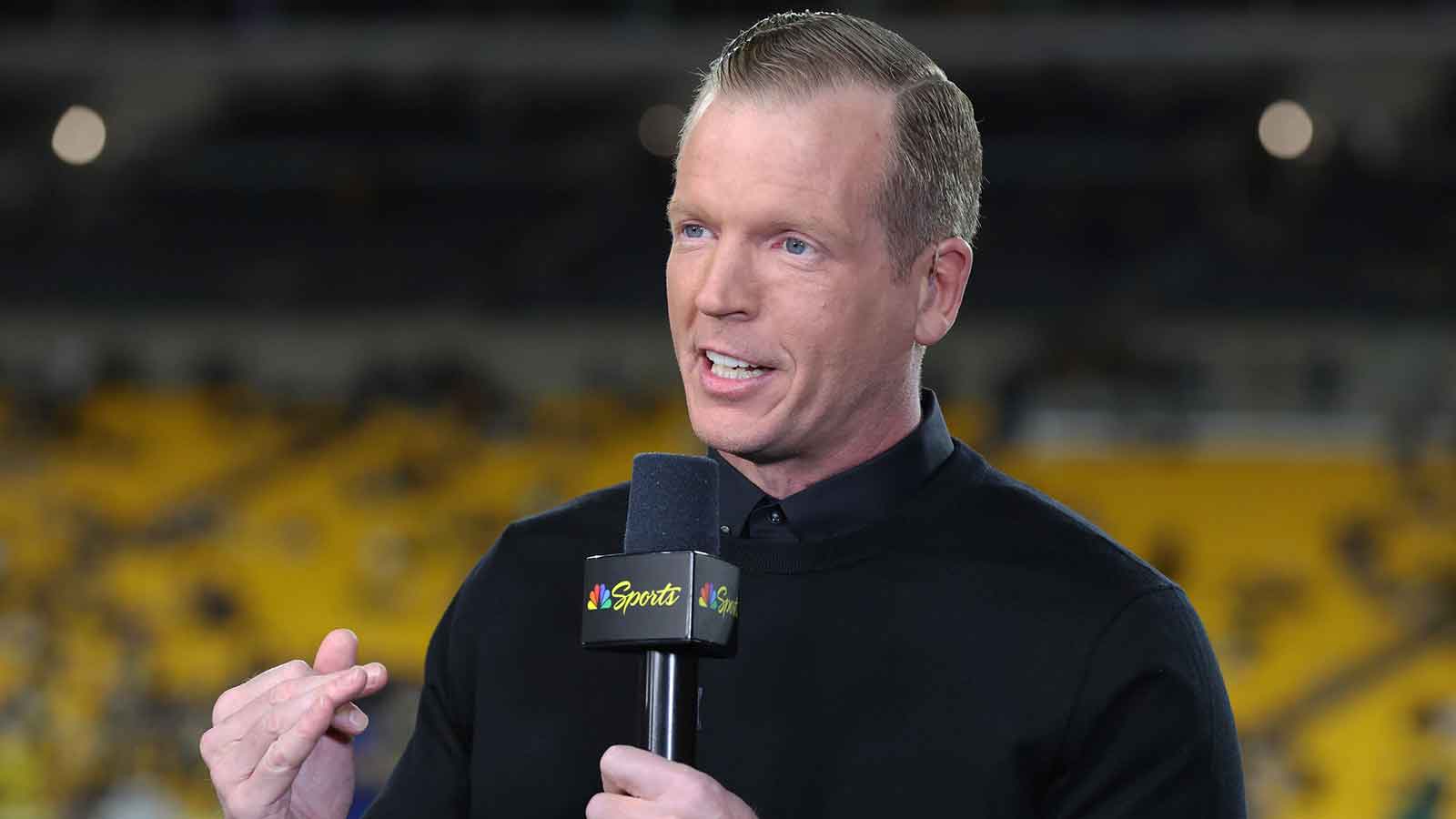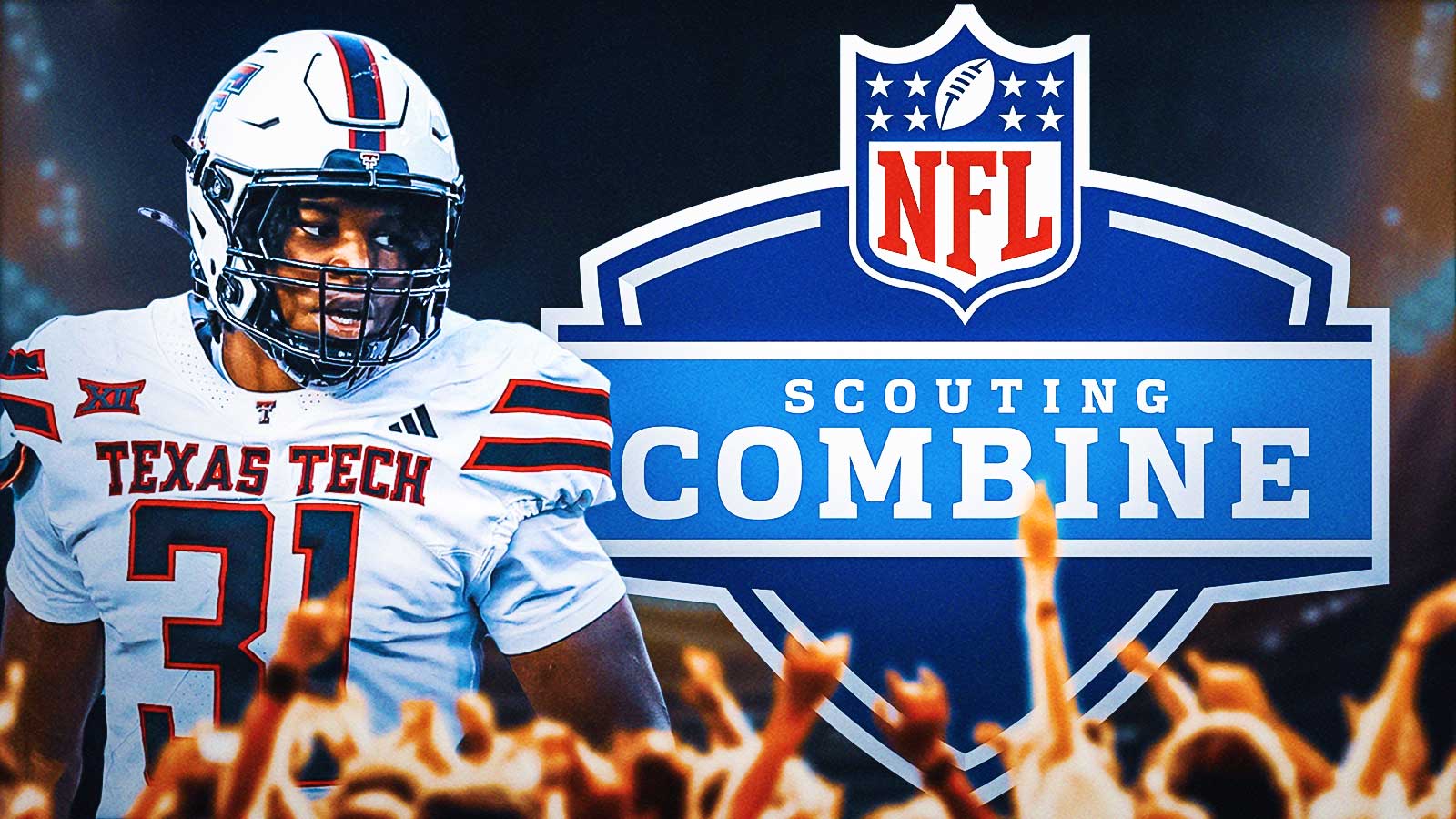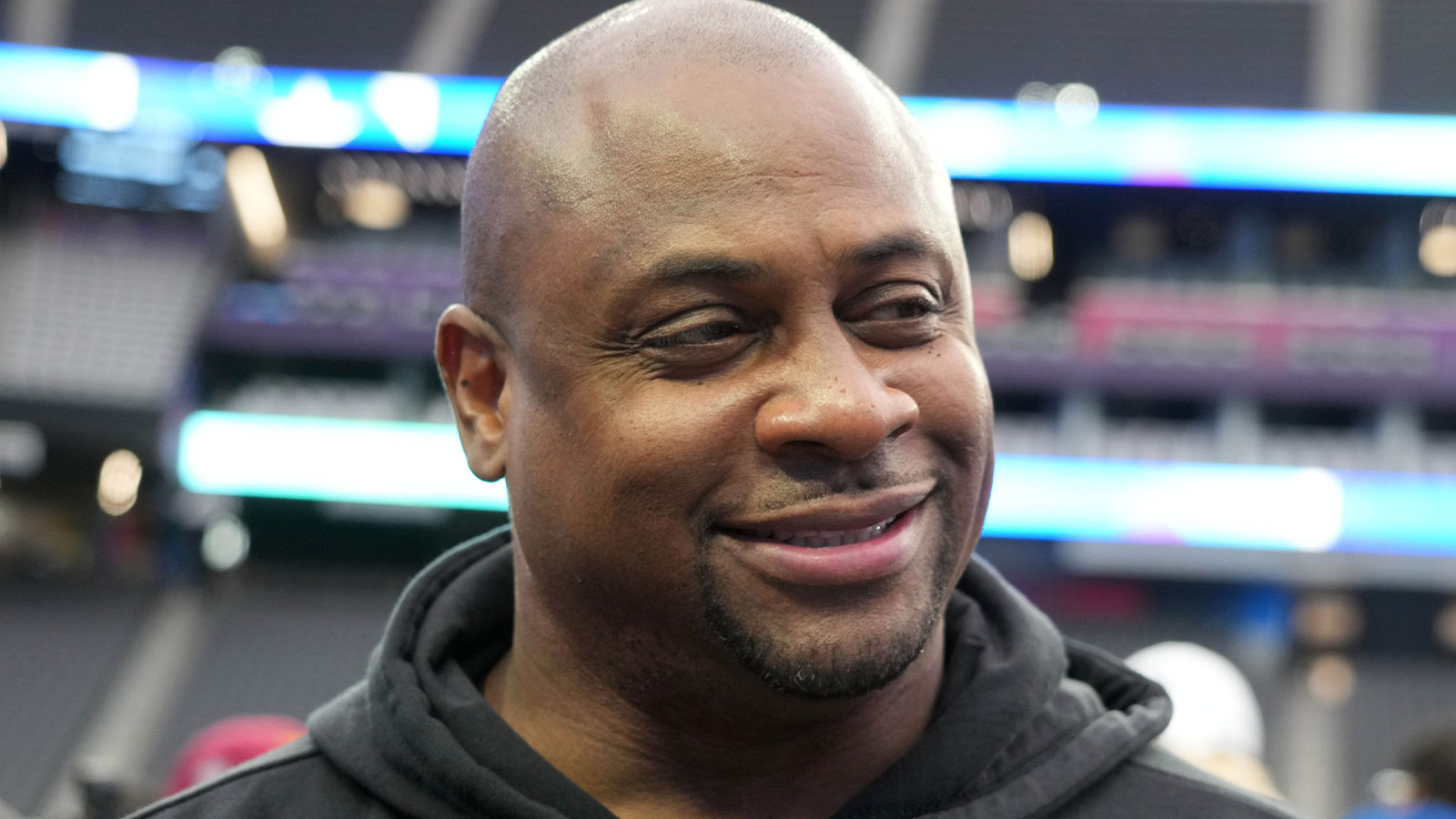NFL Commissioner Roger Goodell recently addressed the landmark $4.7 billion jury verdict against the league concerning its premium Sunday Ticket product, signaling the NFL’s unwavering commitment to contesting the ruling.
This verdict, issued by a Los Angeles jury last month, marks a significant moment in the nearly decade-long antitrust litigation accusing the NFL of unlawfully monopolizing the distribution of out-of-market Sunday afternoon games through its Sunday Ticket subscription service.
Speaking in an interview with CNBC, per ESPN's Kevin Seifert, Goodell made clear the NFL's stance on the matter.
“We obviously disagree with the jury verdict and we are committed, obviously, to following the legal process,” Goodell stated.
“It's a long process and we're aware of that. But we feel very strongly about our position, our policies, particularly on media. We make our sport available to the broadest possible audience. Sunday Ticket is just a complementary product. We're committed to following the litigation all the way and making sure that we get this right.”
A brief history of the lawsuit Roger Goodell is referencing
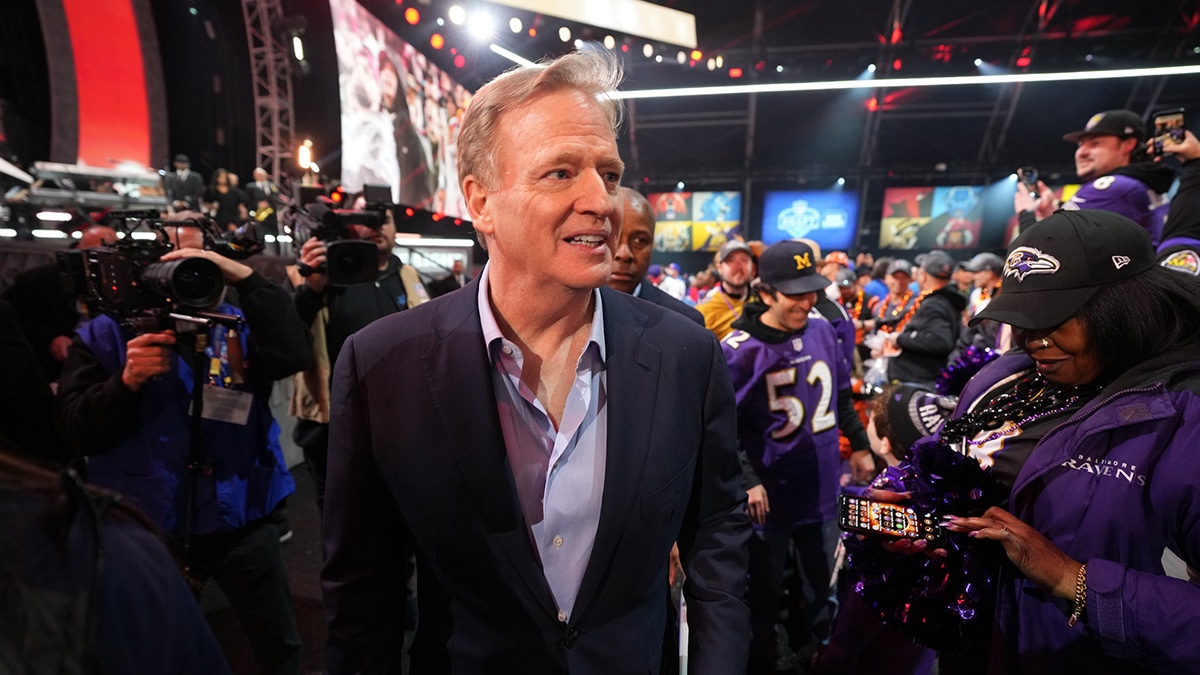
The lawsuit, representing both residential and commercial classes, claimed that the NFL’s exclusive arrangement for Sunday Ticket with DirecTV stifled competition and inflated prices for over 2.4 consumers. The jury sided with the plaintiffs, ordering the NFL to pay $4.7 billion in damages to the residential class and an additional $96 million to the commercial class.
Under federal antitrust laws, these damages could be tripled, potentially increasing the NFL's liability to a staggering $14.39 billion.
The NFL's next step in the legal battle is a post-trial motion hearing scheduled for July 31, where the league will request Judge Philip Gutierrez to overturn the verdict. Should the motion fail, the NFL plans to appeal the decision to the 9th U.S. Circuit Court of Appeals, and possibly even petition the Supreme Court if necessary.
This high-stakes litigation underscores the complexities and challenges the NFL faces in its media and broadcasting strategies. Goodell's remarks suggest the league's deep conviction in the legality and fairness of its current media distribution practices.
“We make our sport available to the broadest possible audience,” Goodell emphasized. “Sunday Ticket is just a complementary product.”
In parallel to addressing the Sunday Ticket controversy, Goodell also touched on significant potential changes in NFL ownership policies. He expressed optimism about the possibility of NFL owners agreeing to allow private equity ownership of its teams by the end of 2024.
This shift could enable private equity firms to invest up to 10% in individual teams, reflecting a growing trend across sports leagues to explore private equity options as franchise values surge and the pool of prospective individual team owners diminishes.
“We've had a tremendous amount of interest and we believe that this could make sense for us in a limited fashion, probably no more than 10% of a team,” Goodell explained.
“But that could be something that we think could complement our ownership and support our ownership policies. We think we're moving in a very positive direction and hopefully could have something by the end of the year.”
This potential policy change is indicative of the evolving landscape of sports franchise ownership, where the infusion of private equity could provide financial stability and growth opportunities.
The NFL's exploration of private equity investments mirrors broader trends in the sports industry, where leagues are increasingly considering diverse ownership models to adapt to the rising valuations of sports franchises.
As the NFL navigates these dual challenges—defending its Sunday Ticket distribution model and potentially reshaping its ownership structure—Goodell's leadership and the league’s strategic decisions will be under intense scrutiny.
The outcome of the Sunday Ticket litigation, in particular, could have far-reaching implications for how professional sports leagues in the United States package and sell their broadcast rights.
For now, the NFL remains resolute in its legal battle, prepared to exhaust all avenues in defense of its practices. Goodell's assertion that the league is committed to “following the litigation all the way” reflects a broader determination to uphold the NFL’s business model amidst unprecedented legal and financial challenges.
The upcoming post-trial motion hearing on July 31 will be a critical juncture in this legal saga, potentially shaping the future of sports broadcasting and antitrust law application in professional sports. Simultaneously, the NFL's exploration of private equity ownership marks a forward-thinking approach to sustaining and growing its franchises in an ever-evolving sports industry landscape.

